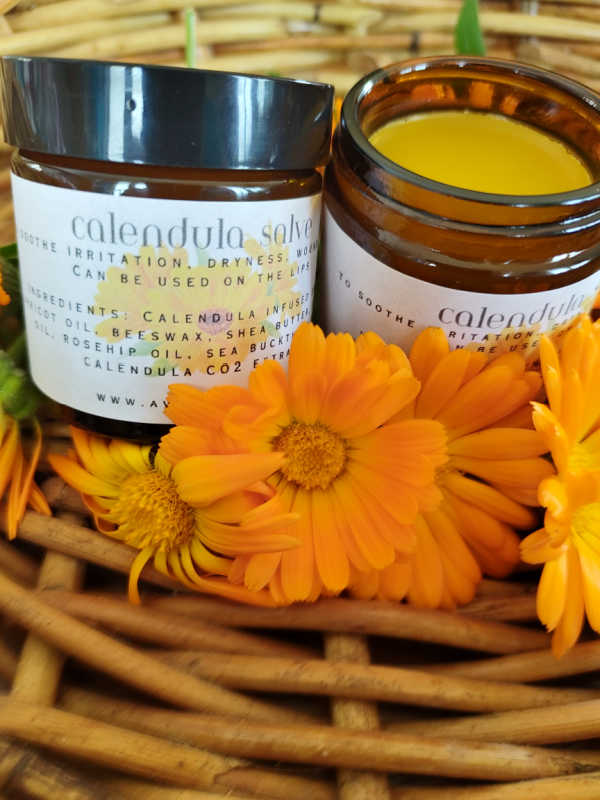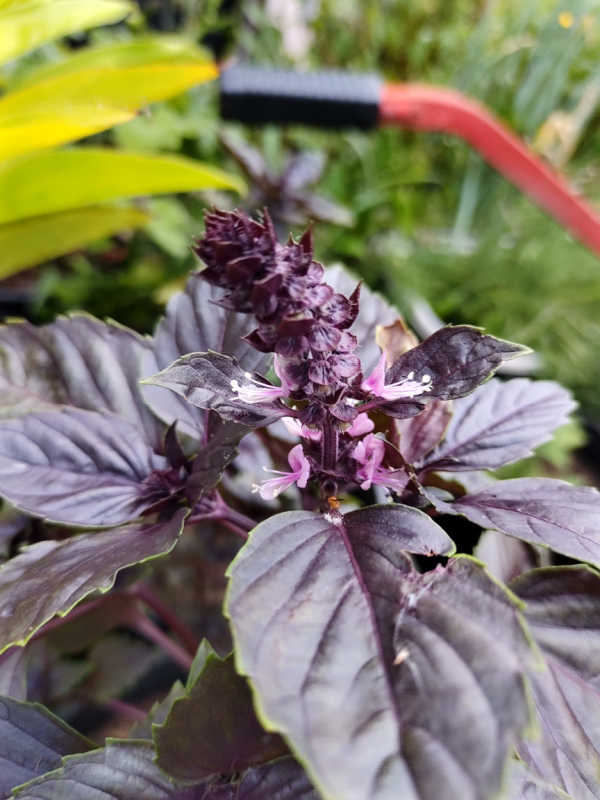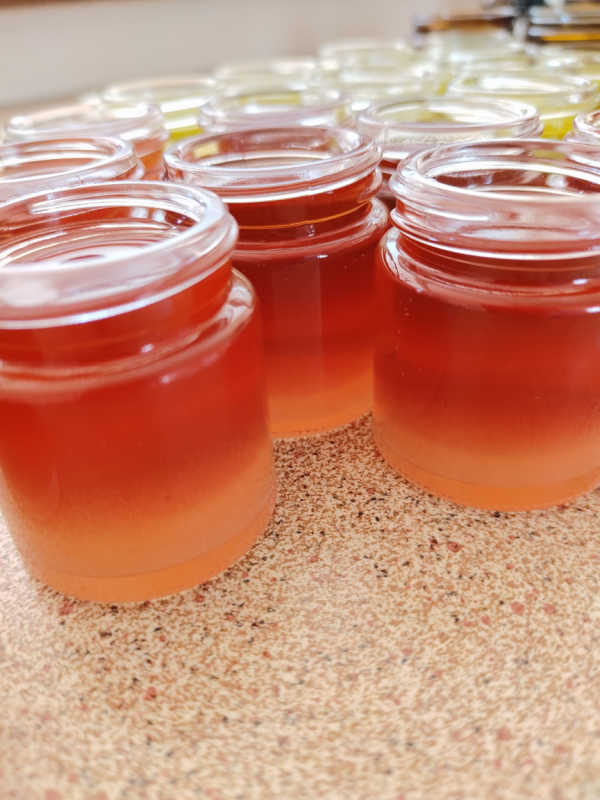What Is Naturopathy?
Learn how it can benefit your health and what to expect in a naturopathy consultation.
Naturopathy is a natural, non-invasive holistic approach to health that aims to help the body heal itself and to support a person to live a healthy lifestyle and can be used alongside other medical and therapeutic techniques.
How a Naturopath can benefit you

A naturopath aims to educate a person to look after their own health and the health of their family, minimising the symptoms of illness and maintaining health to prevent illness in the future. It focuses on the mind, body and spirit and aims to treat the root causes of problems.
Naturopathy treats both acute and chronic conditions and is suitable for all ages. Some of the conditions commonly treated by naturopaths are fatigue, stress, digestive disorders, female hormonal imbalance, infertility, autoimmune conditions, thyroid conditions, cardiovascular disease, diabetes, headaches and migraines, immune dysregulation, allergies, skin conditions and degenerative diseases like arthritis.
Naturopathy incorporates a range of therapies. Rachel specialises in herbal medicine, nutrition medicine, diet planning, pathology testing, lifestyle advice and flower essences.
There are six foundational principles that underpin the practice of naturopathy:
1.
First do no harm.
2.
The healing power of nature Recognising the value in using the natural world to assist in healing.
3.
Find and treat the cause whenever possible, not only the symptoms.
4.
Treat the whole person.
5.
Education: Naturopaths elevate patient health literacy. They are part of the team that helps the patient understand what it takes to be and stay well.
6.
Prevention: A naturopath believes that it is always better to prevent disease where possible.
What to expect in a Naturopathy Consultation
During the one hour initial consultation, you will be asked about current symptoms, previous history, medications and supplements, diet, lifestyle, environment, stress levels, family history and background.
There may be some physical tests such as looking at the nails, skin, hair, tongue, temperature and blood pressure, and iridology. This gives good information as to the state of your physical wellbeing, which is then used to corroborate data collected in taking the case.
Quite often a naturopath will also request pathology testing to complete the picture and give a measurable baseline at the start of treatment.
Using this information, the naturopath will then formulate a treatment plan with you, focusing on your immediate concerns, intermediate goals that will greatly improve your quality of life and then long-term goals of maintaining health and minimising symptoms of disease.
Ideally, you will finish treatment with the ability and motivation to maintain your own health with minimal intervention from naturopaths and medical practitioners.
The benefits of handmade medicine
Rachel has an extensive herbal medicine dispensary which allows her to make custom herbal remedies that are unique to you at that time, as part of a treatment plan, that work on all of your health concerns and don’t have irrelevant ingredients.
This can be a much more cost-effective way of experiencing natural medicine than what a lot of people currently do, which is buy many supplements off the shelf or over the counter and do their best with what they’ve read online.
Rachel also has a medicinal herb garden where she grows the plants that get used in the topical creams, salves and ointments available through the clinic. This ensures that the highest quality is maintained; that a therapeutic concentration is used and that they’re pesticide free and organically grown.
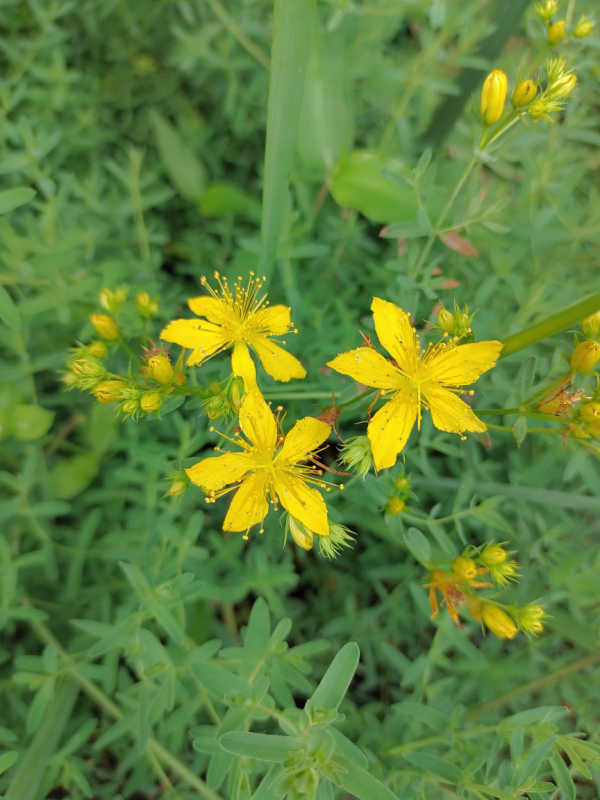
St John’s Wort: From the whole plant
To the therapeutic herbal medicine
Would you like to know more?
Please contact me or come visit me in my clinic.
Shop 2, 13 Ellenborough Street
Ipswich, QLD, 4305
I would like to acknowledge and pay my respects to the Jagera, Yuggera and Ugurapul people who are the traditional custodians of the unceded land on which I live and work. I acknowledge all the traditional owners of Country throughout Australia. I acknowledge their continued connection to land, waters and community and pay my respects to their Elders past, present and emerging. I would like to pay my respects to First Nations traditional healers of this country who are still healing their communities today.
Western herbal medicine is a practice that is steeped in colonization so I would like to acknowledge and pay my respects to First Nations healers from all over the world as well as to the enslaved African American healers, who braided seeds into their hair in the hope of a better future. Their knowledge and experience allow me to help people today and my shelves would be much emptier without their contribution. To be an herbalist is to be a link in a chain that stretches back to the dawn of humanity, and whenever I stand outside in my herb garden nurturing medicinal herbs that have been used by humans and woven into our stories for millennia, I am honoured by those who came before me.
